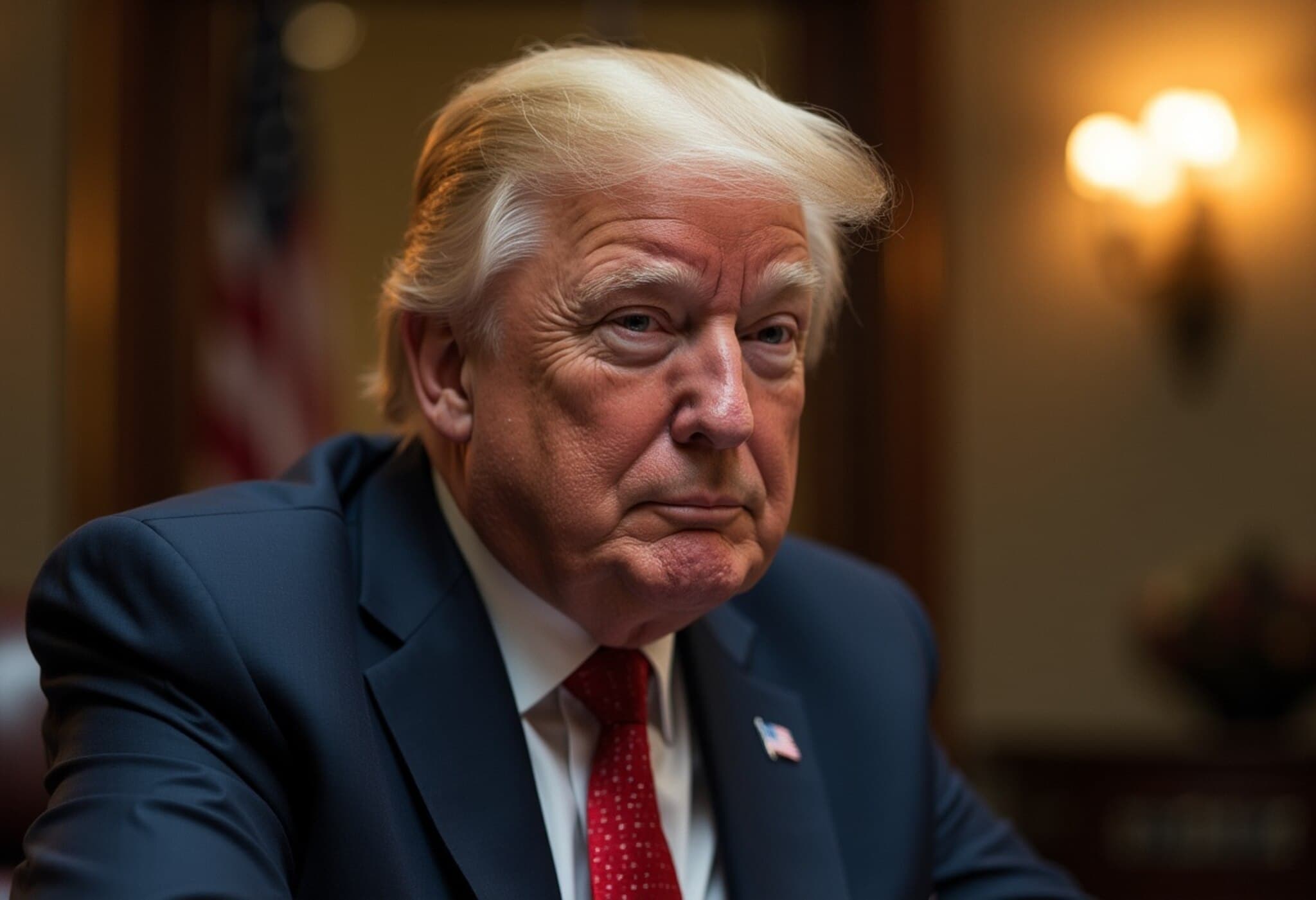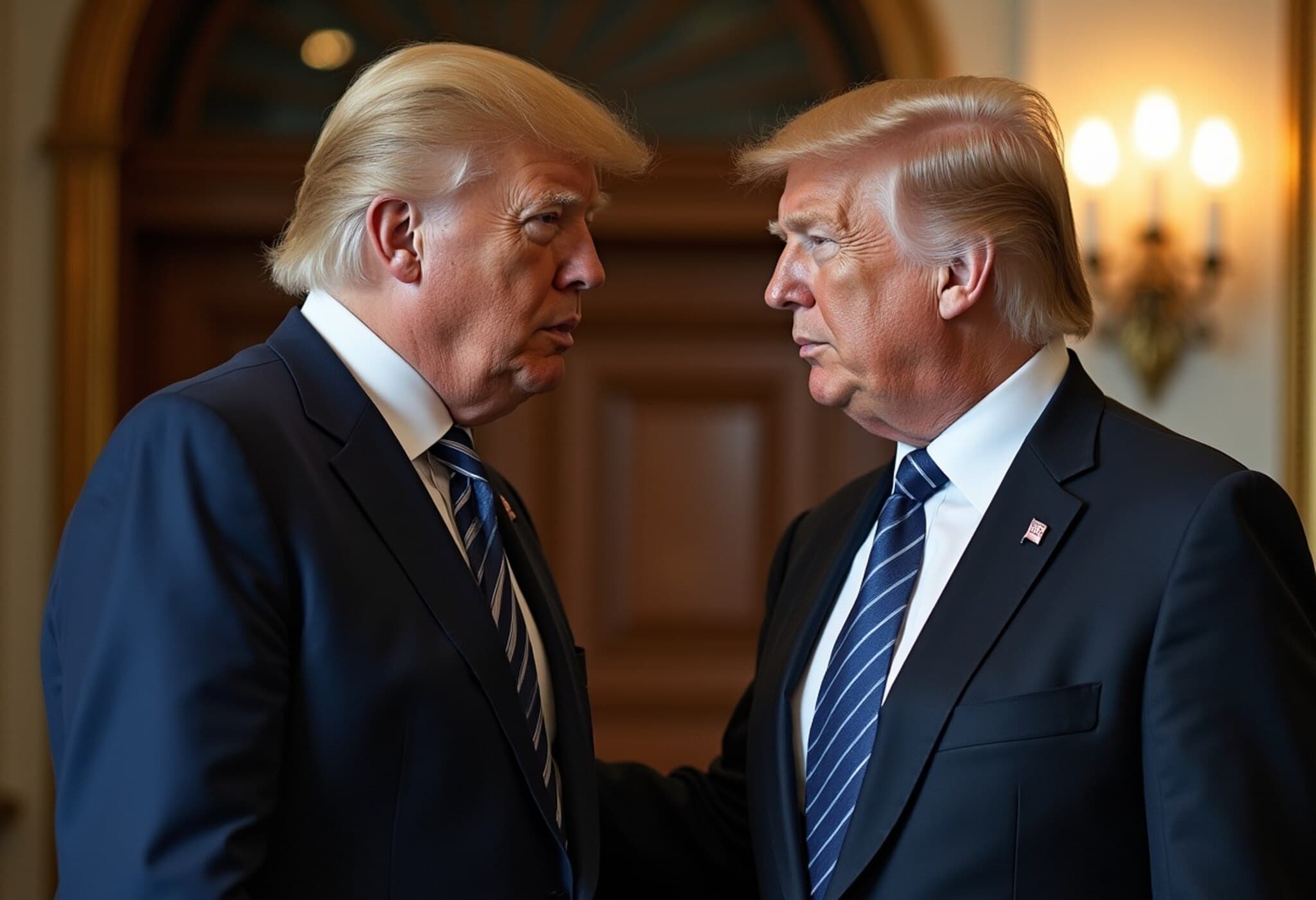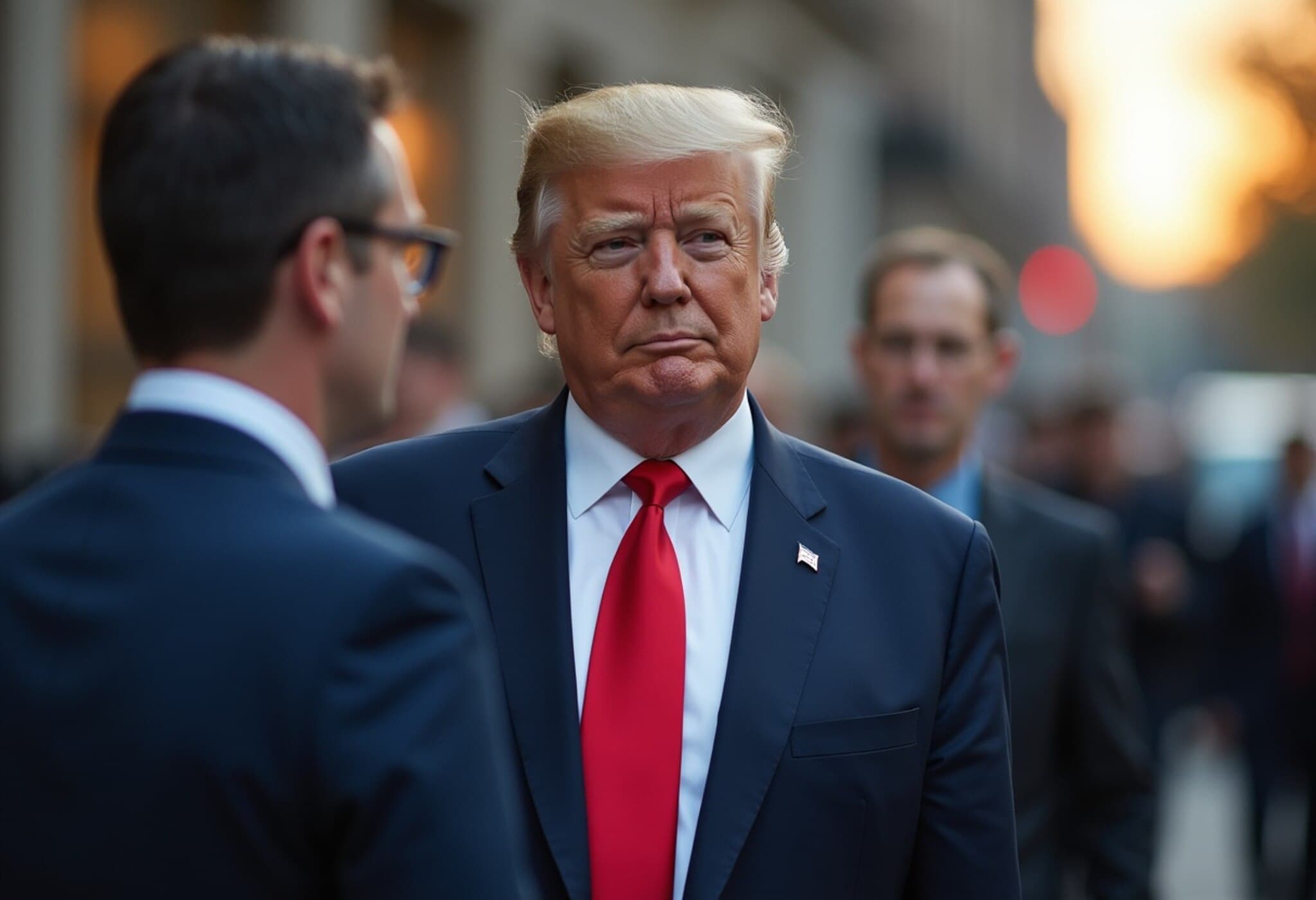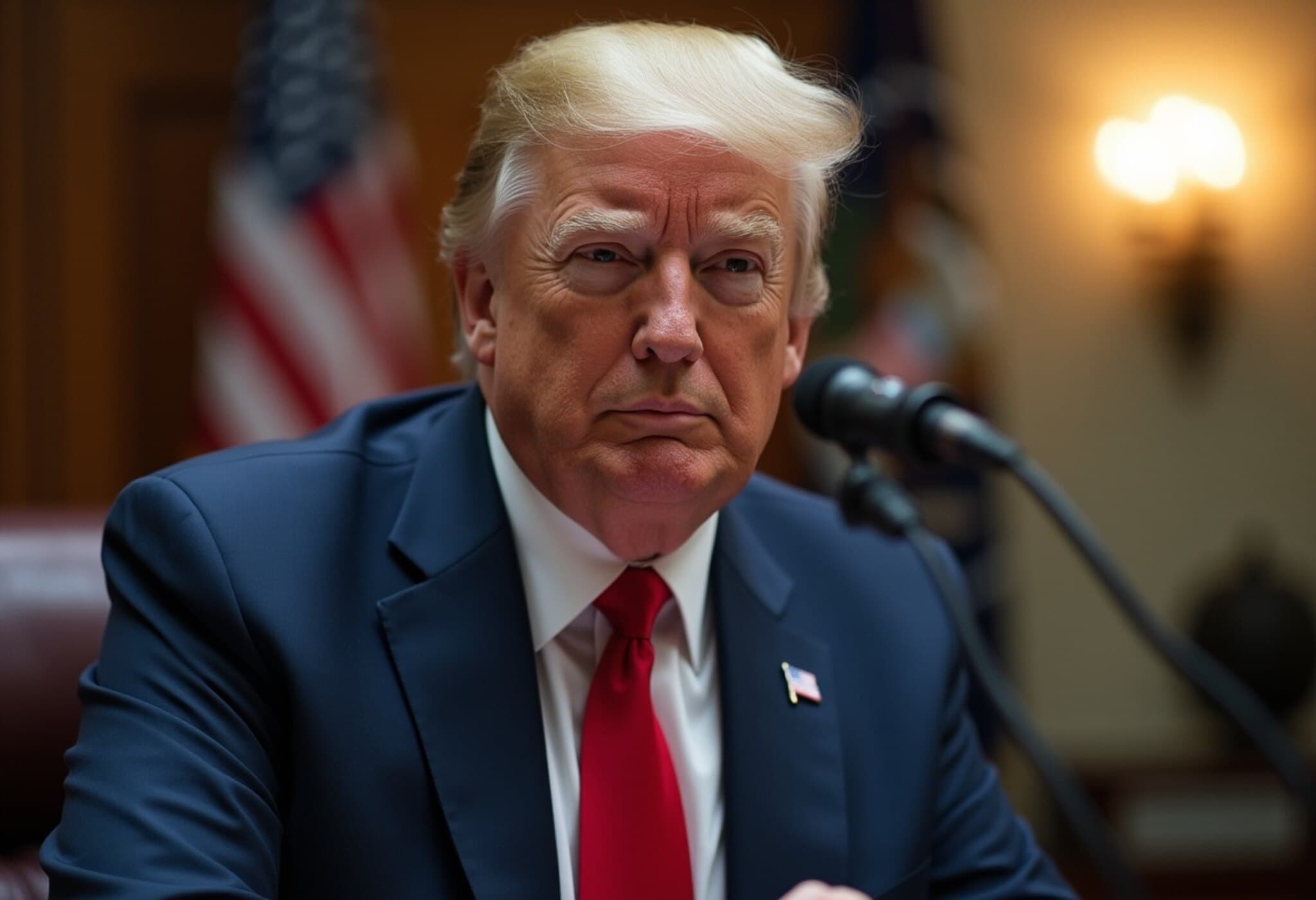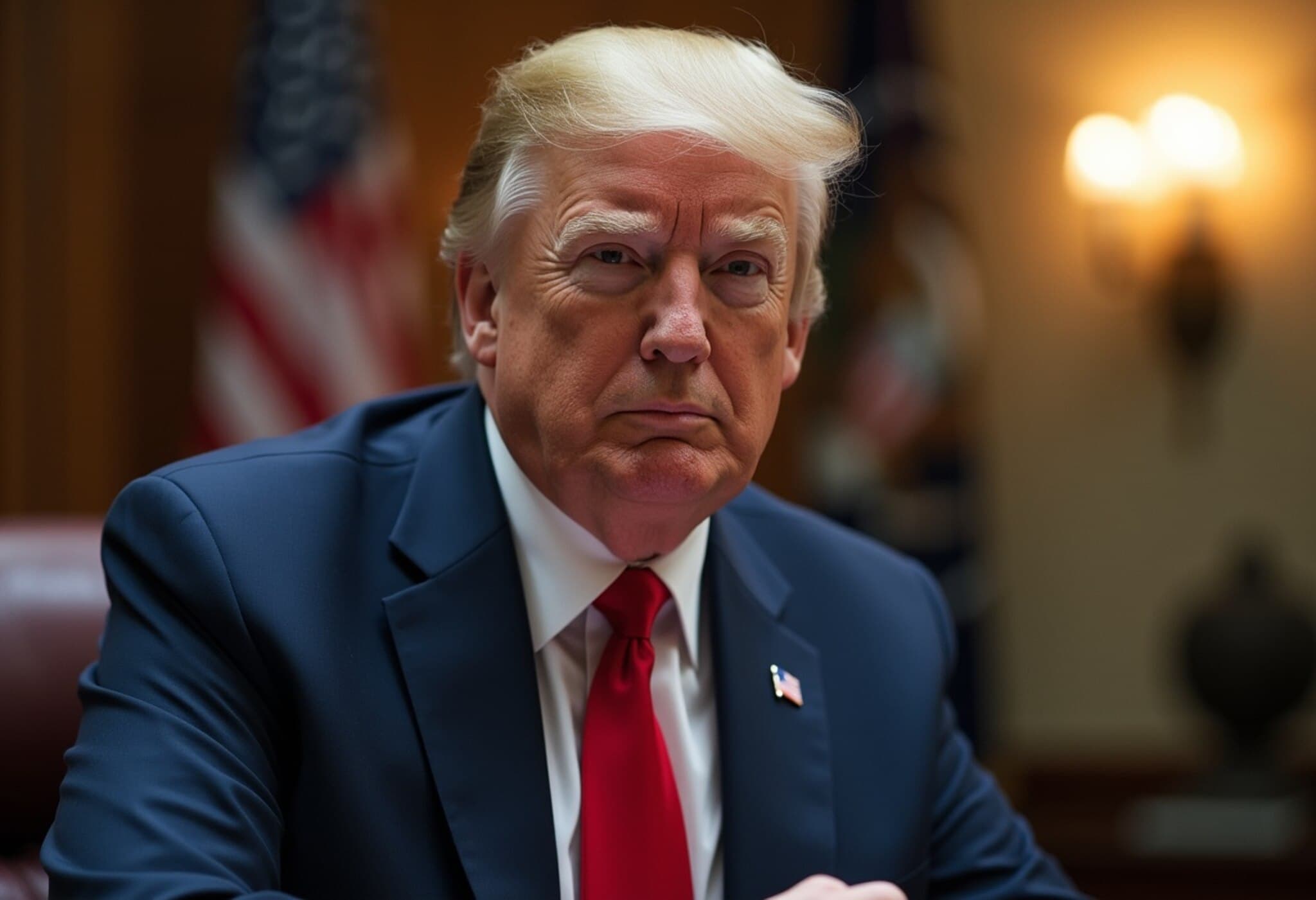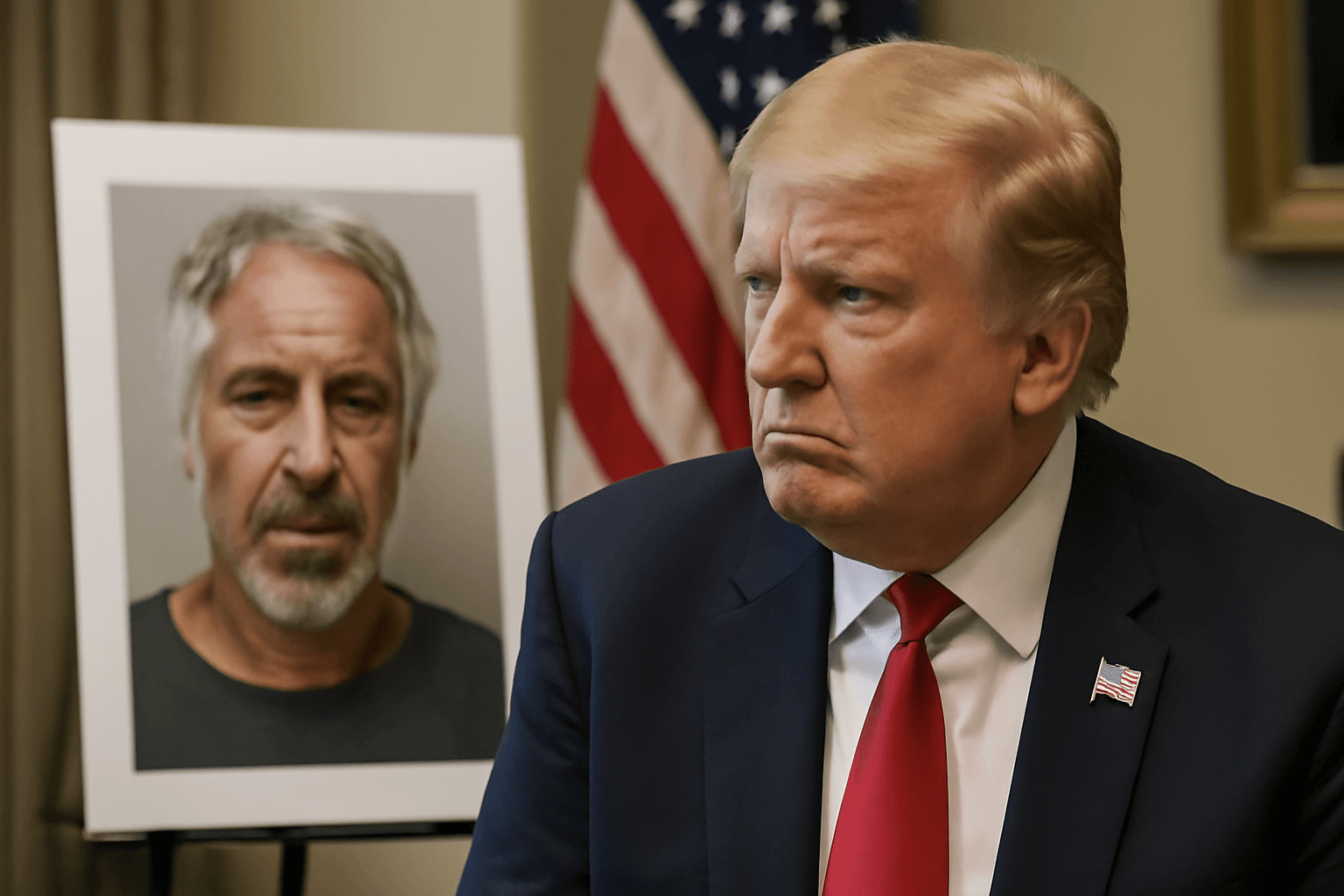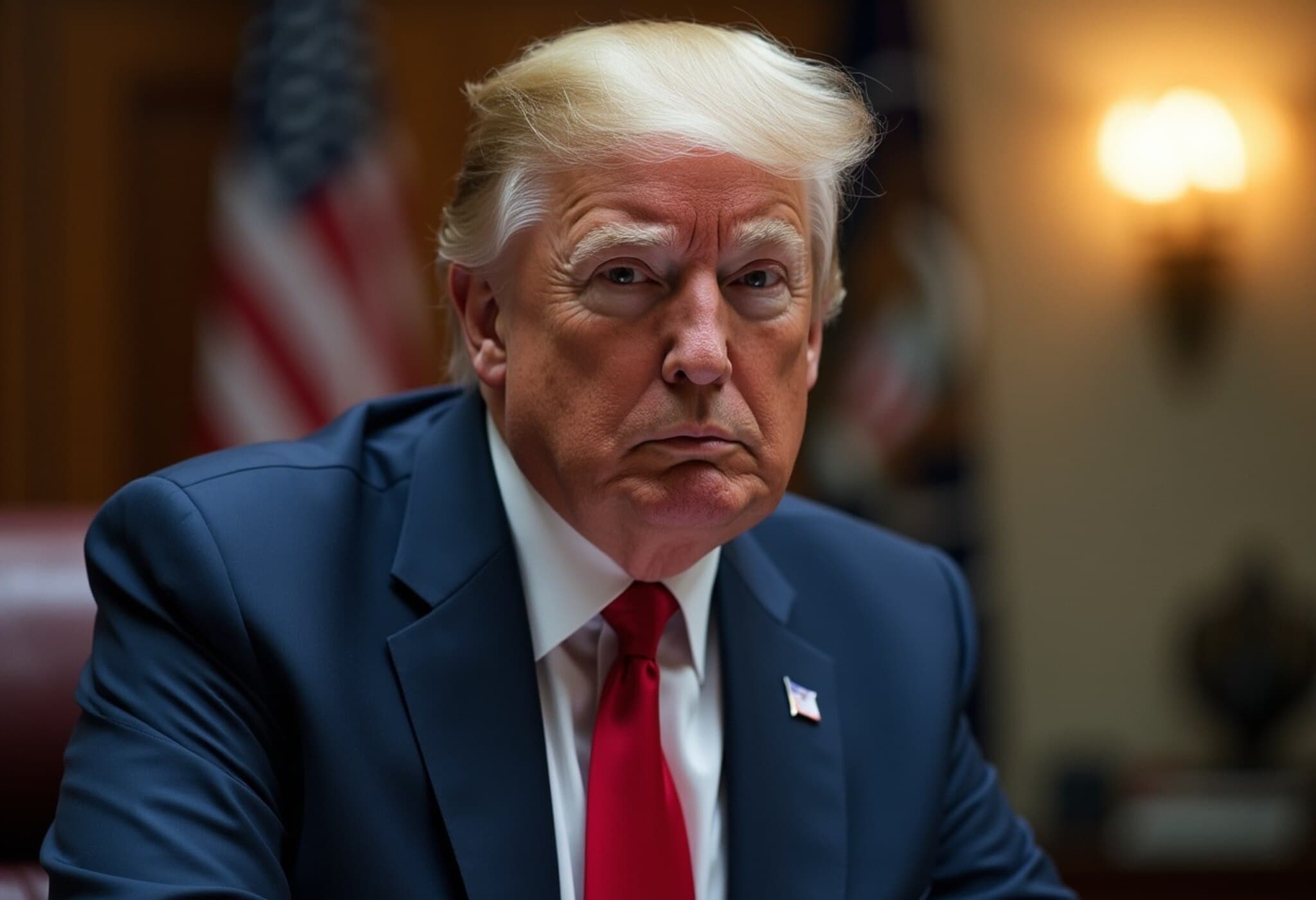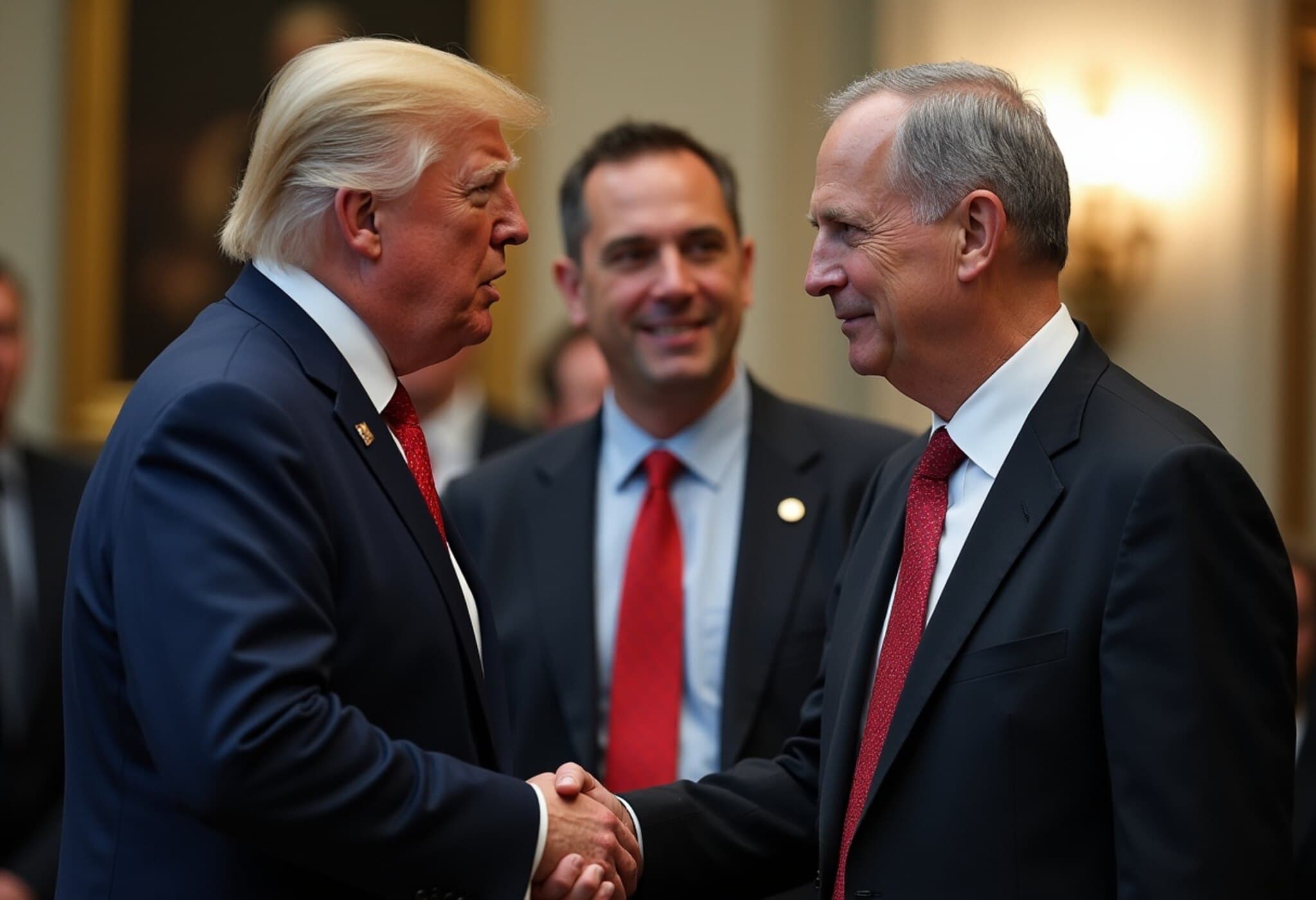Bill Clinton, Donald Trump, and Nearly 50 Others Sent Birthday Messages to Jeffrey Epstein
In a striking revelation, former US President Bill Clinton was found to be one of approximately 50 notable figures who sent messages to Jeffrey Epstein on his 50th birthday in 2003. The birthday notes, compiled into a professionally bound album by Epstein's former associate, Ghislaine Maxwell, included contributions from celebrities, business magnates, and political figures—including Donald Trump. This insight was recently disclosed by The Wall Street Journal in a detailed report.
Inside the Birthday Album: A Glimpse into Epstein's High-Profile Connections
The collection of birthday messages is more than a scrapbook—it reflects the expansive and influential network that Epstein maintained across various spheres such as politics, finance, fashion, and science. Clinton’s message was described as the “biggest name” within the album, highlighting his prominence among the contributors.
Clinton’s note read: “It’s reassuring isn’t it, to have lasted as long, across all the years of learning and knowing, adventures and [illegible word], and also to have your childlike curiosity, the drive to make a difference and the solace of friends.” Meanwhile, Donald Trump’s letter was marked as more risqué, described by the WSJ as “bawdy,” revealing a stark contrast in tone among contributors.
Notable Contributors Beyond Politics
The album also featured messages from prominent personalities such as:
- Billionaire investor Leon Black
- Fashion designer Vera Wang
- Media mogul Mortimer Zuckerman
- Former Victoria’s Secret owner Les Wexner
- Attorney Alan Dershowitz
- Model scout Jean-Luc Brunel
- Billionaire ex-Microsoft executive Nathan Myhrvold
Messages were categorized in the album under themed sections such as “Friends,” “Science,” “Brooklyn,” and “Family,” with Clinton and Trump placed in the “Friends” category, emphasizing their perceived personal association with Epstein at the time.
Contextualizing Epstein's Legacy and Ongoing Legal Concerns
Jeffrey Epstein, who died by suicide in a federal jail in 2019 while awaiting trial on sex trafficking charges, left a lingering shadow of controversy. His death intensified public scrutiny and legal investigation into his extensive network.
Ghislaine Maxwell, once Epstein’s close confidante, was convicted in 2021 for her role in aiding Epstein’s trafficking operation and is currently serving a 20-year sentence. Despite her conviction, Maxwell continues to deny wrongdoing. The Department of Justice has indicated a desire to question her further regarding potentially other complicit individuals within Epstein’s trafficking ring.
Continuing Fallout and Political Implications
The publication of the birthday album details arrives amid ongoing investigations into the Epstein case and the handling of inquiries during the Trump administration. Trump has responded assertively, filing a libel and slander lawsuit against The Wall Street Journal’s publisher and reporters over the coverage of his relationship with Epstein.
The revelations invite critical questions about the nature of associations between high-profile individuals and Epstein, shedding light on how influential networks operated quietly around a man later convicted as a sex offender. It underscores the complexity of disentangling social ties from moral and legal responsibility.
Expert Insight: The Intersection of Power, Influence, and Accountability
From a policy and legal perspective, the Epstein scandal and these newly revealed birthday messages highlight systemic challenges when figures of immense wealth and influence are entwined in criminal investigations. The social capital of individuals involved complicates the pursuit of justice, often delaying or diluting accountability.
Moreover, the way media uncovers and presents such associations impacts public perception and can catalyze reforms in how elite networks are scrutinized, particularly concerning abuses of power.
Editor's Note
This unprecedented glimpse into Jeffrey Epstein's social universe through his 50th birthday album deepens our understanding of how pervasive his relationships were across influential sectors. It also raises poignant questions: How should society hold powerful figures accountable when personal and professional lines blur? What does this mean for institutional reforms to prevent exploitation by the elite? As the Epstein saga continues to unfold legally and culturally, these reflections remain crucial for justice and systemic change.

